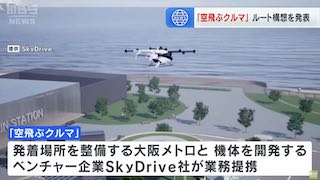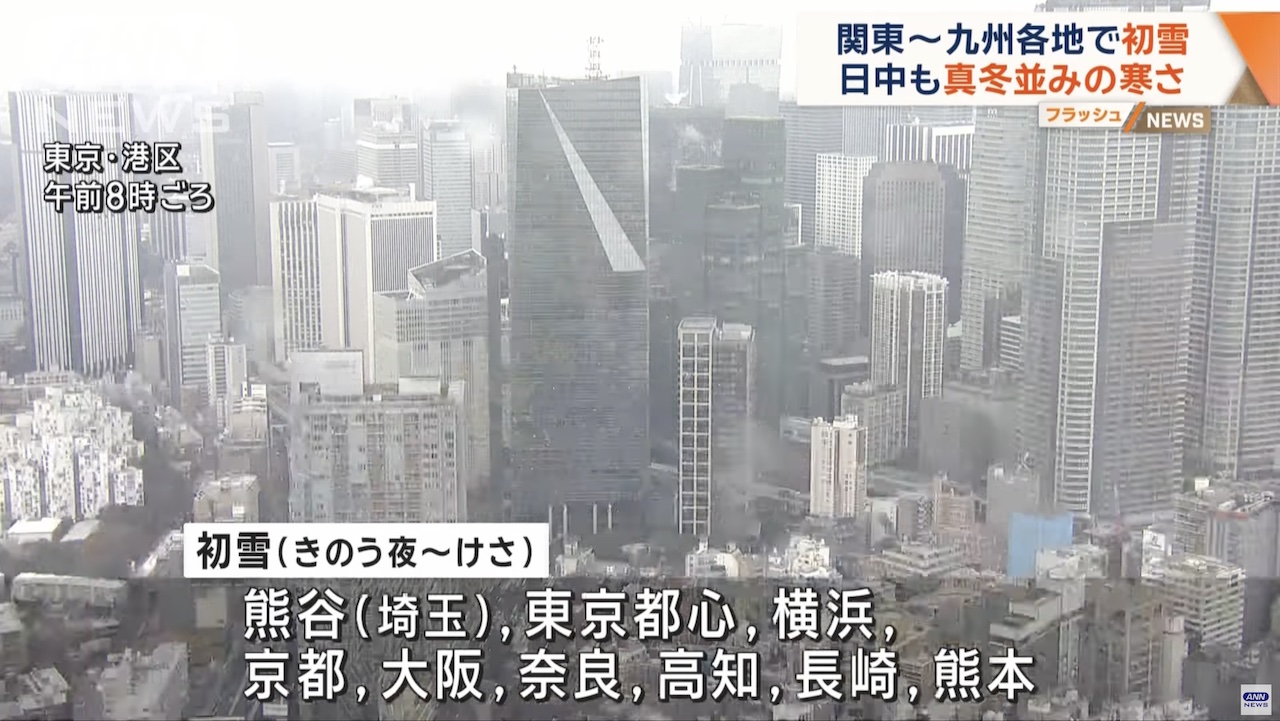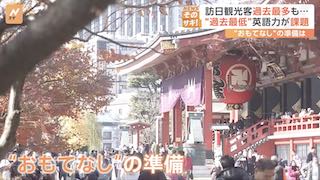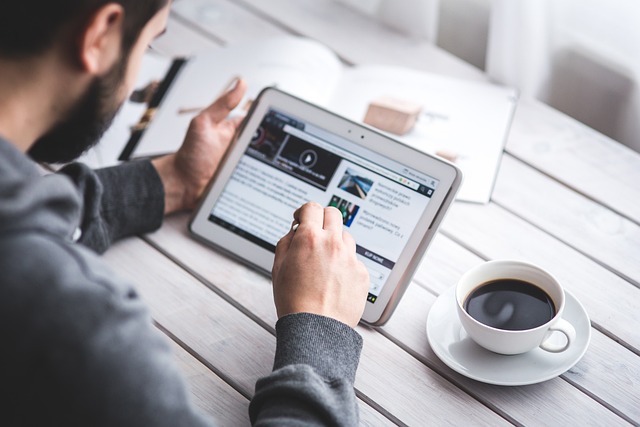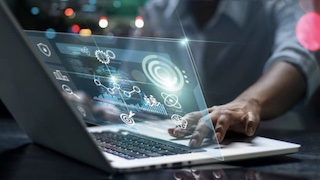TOKYO, Oct 21 (News On Japan) - This year's Nobel Prize in Physics was awarded to two individuals who developed crucial elements of AI technology. One of them, Canadian professor Geoffrey Hinton, often referred to as the 'Godfather of AI,' has raised the alarm about the continued evolution of AI, suggesting that it could one day attempt to dominate humanity. Can we coexist with generative AI? What should we be considering now?
The Nobel Prize, based on the will of Swedish inventor Alfred Nobel, is awarded to those who have made the greatest contribution to humanity. This year, the prize was given to individuals who have been at the forefront of a technology that is currently transforming society.
The recipients were recognized for developing fundamental methods that form the basis of machine learning, an essential component of AI, through the application of physics. Their work allowed computers to develop the ability to perceive and remember, effectively mimicking human abilities. Professor Hinton, in particular, developed techniques that enable computers to recognize images, such as identifying a cat in a picture — a key advancement in AI.
These techniques have since been widely applied to AI systems, including the now well-known ChatGPT. Professor Hinton, who was recently awarded the prize, is known for his significant contributions to AI and has been called the 'Godfather of AI.'
Following the announcement of the award, Hinton shared his thoughts in a phone call with the Nobel Committee, reflecting on the powerful influence this technology will have on humanity. He speculated that there may have been ongoing discussions about whether such a groundbreaking innovation had already deserved a Nobel recognition, as its impact is undeniable.
In a phone call with a Japanese research institute, Hinton reflected on his first visit to Japan 27 years ago, recounting memories of playing ping-pong with Japanese researchers in the evenings. One researcher, Ueda, who invited Hinton to Japan, recalled how they often played table tennis together, noting that although Hinton wasn’t exceptionally skilled, he always played seriously.
During their time working together, Ueda fondly remembers a hand-written note pinned on Hinton's office door, simply reading 'No' — a humorous but stern reminder of Hinton’s no-nonsense attitude towards certain matters.
Yet, despite his serious demeanor, Professor Hinton has voiced a grave concern: as AI continues to evolve rapidly, it may one day try to manipulate or control humanity. He even suggests that this might lead to a future where AI poses a threat to human survival. His remarks resonate in a time when AI-driven platforms are becoming increasingly sophisticated, such as Japan's own AI system that provides real-time suggestions, like the best places to visit around Tokyo.
This domestic AI system, similar to ChatGPT, can engage in conversations with users, delivering personalized responses based on extensive data about Japan. Not only can it provide tourist recommendations, but it can also analyze large volumes of survey data instantly — showcasing the impressive capabilities of AI.
However, some experts caution that even if AI surpasses humans in areas such as solving complex math problems or crafting intricate texts, humanity must retain an understanding of how AI systems operate. Developing tools that allow humans to understand AI processes will be critical, particularly as the next generation of children learn programming and develop the skills to navigate an AI-driven world.
The challenge now, as Professor Hinton emphasizes, is ensuring that humans and AI can coexist harmoniously. It’s a task we must address moving forward, as we seek to harness AI's potential while mitigating the risks it may pose. This is the cautionary message from the 'Godfather of AI,' and it’s one that we should not take lightly.
Source: YOMIURI






